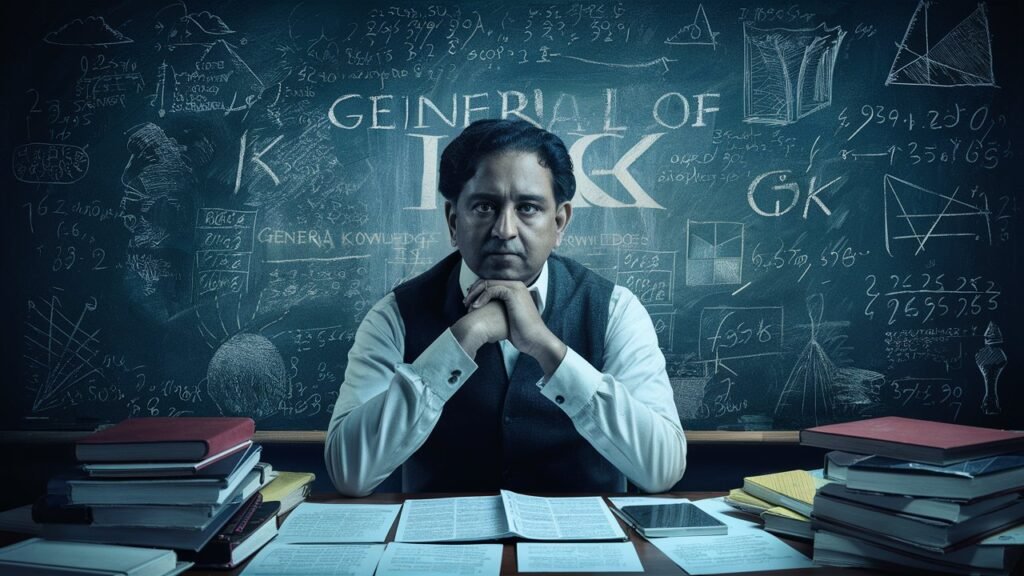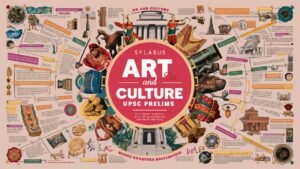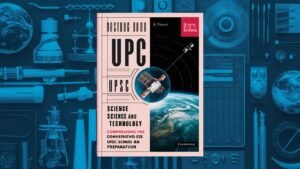
In the realm of general knowledge, there are few names as revered as Thomas Rendall Carlyle, the Scottish philosopher, satirist, and historian often referred to as the “Father of GK.” His profound influence on shaping the concept of general knowledge and its dissemination is undeniable, earning him this prestigious moniker.
Born in 1795 in Ecclefechan, Scotland, Carlyle was a prolific writer and thinker whose works spanned various subjects, from history and literature to politics and philosophy. However, it was his unwavering commitment to the democratization of knowledge that truly cemented his legacy as the “Father of GK.”
Read Also: Current Affairs 2024 PDF: Your Ultimate Guide to Staying Informed
Through his writings and lectures, Carlyle advocated for the widespread dissemination of knowledge, believing that education and intellectual enlightenment were fundamental rights that should not be restricted to the privileged few. He envisioned a society where knowledge was accessible to all, transcending social, economic, and cultural barriers.
One of Carlyle’s most significant contributions to the realm of general knowledge was his emphasis on the importance of lifelong learning. He believed that true knowledge was not confined to academic institutions or formal education but rather a continuous pursuit that should be embraced throughout one’s life. This philosophy resonated with individuals from all walks of life, inspiring them to seek knowledge beyond their immediate surroundings and cultivate a thirst for intellectual growth.
Carlyle’s influence extended far beyond the confines of academia. His works, such as “Sartor Resartus” and “On Heroes, Hero-Worship, and The Heroic in History,” resonated with readers across the globe, sparking debates and inspiring intellectual discourse. He challenged societal norms and encouraged critical thinking, urging individuals to question established beliefs and seek a deeper understanding of the world around them.
Read Also: Stay Informed with the Latest Daily Current Affairs Comprehensive Resources
In recognition of his profound impact, Carlyle’s name became synonymous with the dissemination of general knowledge. His unwavering commitment to making knowledge accessible to all and his belief in the transformative power of education earned him the revered title of “Father of GK.”
Comparison: Carlyle vs. Modern GK Resources
While Carlyle’s contributions laid the foundation for the concept of general knowledge, the modern landscape of GK resources has evolved significantly. Here’s a comparison table to highlight the differences:
| Aspect | Thomas Carlyle’s Era | Modern GK Resources |
|---|---|---|
| Knowledge Scope | Primarily focused on literature, history, and philosophy | Covers a wide range of topics, including current affairs, science, geography, and more |
| Accessibility | Limited to books, lectures, and scholarly circles | Readily available through online platforms, apps, websites, and multimedia resources |
| Interactivity | One-way dissemination of knowledge | Interactive quizzes, forums, and social media communities for engagement |
| Update Frequency | Infrequent, based on scholarly publications | Frequent updates to keep pace with current events and emerging knowledge |
| Personalization | Generic approach, catering to a broad audience | Customized experiences based on user interests and learning preferences |
Despite these advancements, Carlyle’s core principles of democratizing knowledge and fostering lifelong learning remain integral to modern GK resources. His legacy continues to inspire educators, content creators, and knowledge-seekers alike, ensuring that the pursuit of general knowledge remains a fundamental aspect of intellectual growth and personal development.
The Impact of Carlyle’s Vision
Carlyle’s vision of widespread knowledge dissemination has had a profound impact on various aspects of society, shaping the way we approach education, information sharing, and intellectual discourse. Here are some notable areas where his influence can be observed:
- Education Reform: Carlyle’s advocacy for accessible education inspired numerous educational reforms and initiatives aimed at making knowledge more inclusive and democratized. His ideas paved the way for the establishment of public libraries, community education programs, and efforts to bridge the gap between formal and informal learning.
- Media and Publishing: The rise of mass media and publishing can be traced back to the principles championed by Carlyle. His belief in disseminating knowledge to the masses laid the groundwork for the proliferation of newspapers, magazines, and later, radio and television broadcasts, ensuring that information reached a broader audience.
- Public Discourse: Carlyle’s emphasis on critical thinking and intellectual discourse contributed to the emergence of public forums, debates, and platforms where individuals could engage in open discussions and exchange ideas. This spirit of intellectual inquiry continues to shape contemporary discourse on various societal issues.
- Lifelong Learning: Carlyle’s advocacy for lifelong learning has been embraced by modern educational institutions and organizations. Concepts such as continuing education, adult learning programs, and online courses reflect the enduring value of pursuing knowledge throughout one’s life.
Read Also: Daily Current Affairs 2024 for UPSC IAS InsightsIAS
While Carlyle’s contributions were rooted in the 19th century, their impact transcends time, influencing the way we approach knowledge acquisition and dissemination in the modern era. His legacy serves as a reminder of the transformative power of education and the importance of fostering an intellectually curious and engaged society.
Embracing Carlyle’s Vision in the Digital Age
As we navigate the digital age, characterized by an abundance of information and rapidly evolving technologies, it is crucial to uphold Carlyle’s vision of accessible knowledge and lifelong learning. Here are some ways in which his ideals can be embraced in the contemporary landscape:
- Leveraging Digital Platforms: Online platforms, educational websites, and mobile applications present unprecedented opportunities to democratize knowledge. By harnessing these digital tools, we can ensure that high-quality educational resources are readily available to individuals across diverse socioeconomic backgrounds and geographical locations.
- Promoting Open Access Resources: Initiatives like open access publishing, online repositories, and free educational resources align with Carlyle’s belief in making knowledge accessible to all. By supporting and contributing to these efforts, we can break down barriers and empower individuals to pursue their intellectual curiosities.
- Fostering Online Communities: Digital platforms have facilitated the creation of online communities centered around learning and knowledge sharing. By participating in these communities, individuals can engage in intellectual discourse, exchange ideas, and collaboratively expand their knowledge horizons.
- Embracing Lifelong Learning Opportunities: The digital age has ushered in a wealth of lifelong learning opportunities, such as online courses, webinars, and virtual workshops. Embracing these resources empowers individuals to continuously expand their knowledge and skills, aligning with Carlyle’s vision of perpetual intellectual growth.
Read Also: Read All Latest Updates On and About UPSC Exam
By embracing the principles championed by Thomas Carlyle and adapting them to the modern digital landscape, we can continue to break down barriers to knowledge and foster an intellectually engaged and curious society.
Conclusion
The enduring legacy of Thomas Carlyle, the “Father of GK,” serves as a testament to the transformative power of knowledge and the importance of making it accessible to all. His unwavering commitment to the democratization of education and the dissemination of knowledge has left an indelible mark on the way we approach intellectual growth and lifelong learning.
As we navigate the ever-evolving landscape of information and technology, it is crucial to uphold Carlyle’s vision and adapt it to the modern era. By embracing digital platforms, promoting open access resources, fostering online communities, and championing lifelong learning opportunities, we can ensure that the pursuit of general knowledge remains a fundamental aspect of personal and societal development.
Carlyle’s name may have echoed through the halls of 19th-century academia, but his impact continues to reverberate in the present day, inspiring educators, content creators, and knowledge-seekers alike. Let us honor his legacy by carrying the torch of intellectual

